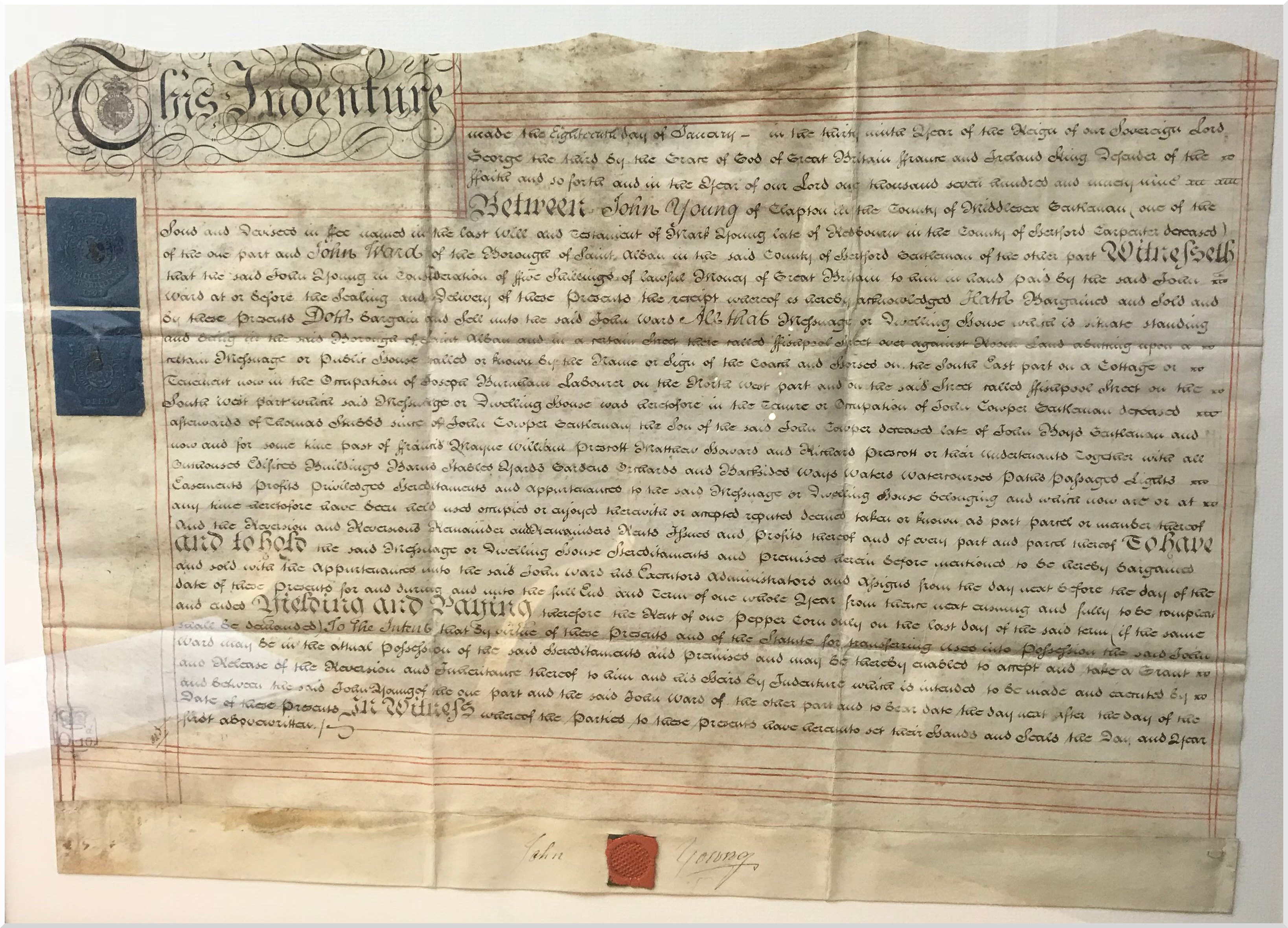With the UK on lockdown and the current restrictions on social mobility, welfare groups across the country, as well as charities, social services and the police are focusing their attention on violence in the home. Millions of family members are being forced to live in close contact with each other, often with little in the way of entertainment, and minor irritations and arguments can soon blow up. Apart from an annual summer holiday or the extended Christmas break most families will have never spent so much time in each other’s company, so it is hardly surprising that fall-outs will occur.
These situations are often made worse by money issues, caused by the loss of employment as businesses close to try to slow the spread of the coronavirus outbreak. With little else to divert them people may then resort to excessive drinking, leading to arguments and sometimes violence between family members.
Hertfordshire Police are currently promoting the scheme known as Clare’s Law, in order to identify potential violence in the home before it occurs. Officially called the Domestic Violence Disclosure Scheme, Clare’s Law was introduced in 2014 following the murder of Clare Wood in Salford, by her violent ex-boyfriend. Clare had met George Appleton on Facebook, but was unaware of his history of violence against women. This included making threats, harassment and kidnapping at knifepoint another of his ex-girlfriends. He had previously been jailed for periods of six months and three years for these offences. At the inquest into Clare Wood’s death, coroner Jennifer Leeming said women in abusive relationships should have the right to know about the violent past of their partner.
Under the scheme any member of the public can ask police if their partner could pose a risk to them, or if the partner of a family member or close friend could be at risk. Requests for information should be made using a form on the Hertfordshire Constabulary website.
Clare’s Law is not a substitute for reporting actual crimes of domestic violence, in which case victims should contact police directly. Nor is it of help to the thousands of women and families in which the perpetrator of domestic violence has never previously been known to the police or other agencies. It is, however, one more step in highlighting the dangers presented by violent partners to their families.
In 2018, 91 women were killed by a current or former boyfriend, and in half of these cases the perpetrator had a previous history of violence against the victim or other women. Three men had even killed before and spent time in jail for their offences. An application to the Domestic Violence Disclosure Scheme may have enabled some of these women to remove the abuser from their lives before it was too late.
It can be stressful and complicated when relationships break down. Bretherton Law’s experienced Family and Child Law Solicitors have been helping people with changes in their circumstances for over 50 years. We are members of Resolution and Accredited in Family Law by the Law Society. For honest, sympathetic advice call Atifha Aftab on 01727 869293, or use the form below.





